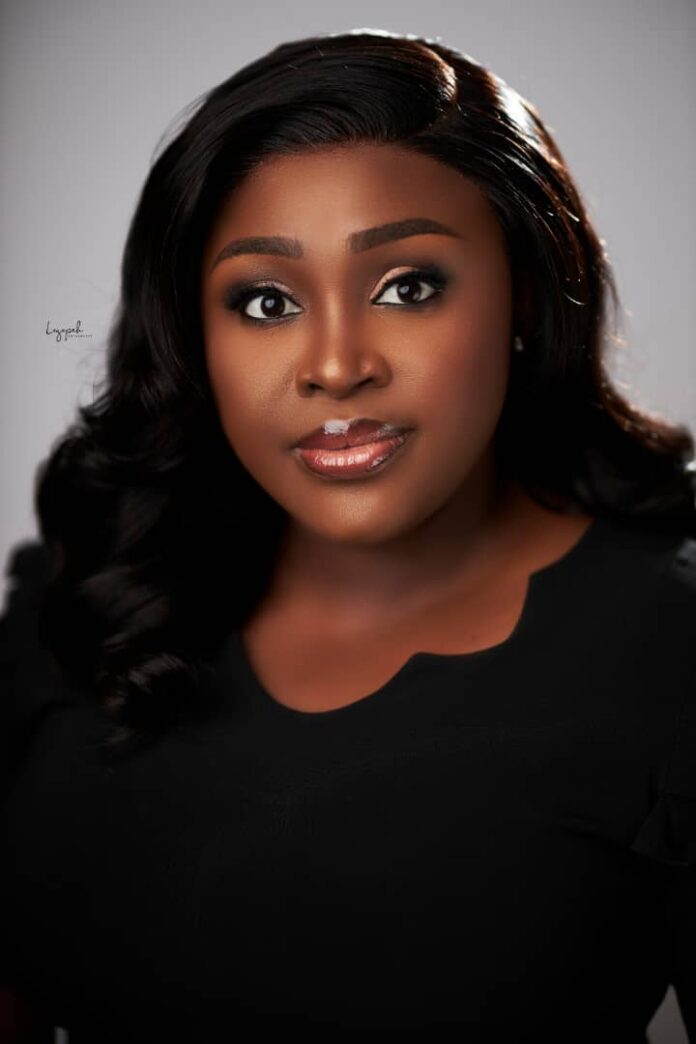There is a refrain you often hear on JoyNews: “Imagine a family without a home. Imagine a song without a voice. Imagine a church without prayers. Imagine a government without citizens.”
It is a pleasant refrain, almost poetic. Yet, one day, it struck a deeper chord: imagine a country without journalists.
What would such a country look like? No one to ask hard questions. No one to bear witness. No one to hold power accountable.
No one to preserve our collective memory. The silence would be deafening, louder than any broadcast. Because journalism is not just another profession; it is the oxygen of public life.
At its heart, journalism springs from one of humanity’s oldest instincts: the desire to know.
From griots in Northern Ghana telling stories under the moonlight to town criers beating the gong-gong in village squares, people have always asked: What happened? Who caused it? Why should I care?
Today, the microphone has replaced the gong-gong, but the duty remains unchanged: to turn confusion into clarity and whispers into truth.
When Peter Senoo reports on the struggles of Ghanaians navigating hospitals and medicines, he is answering that ancient question: What is happening to us?
Journalism has never sat comfortably beside power. In ancient courts, scribes praised kings; today, state media often echo governments’ glory.
Yet the same tools, pen, lens, and voice can confront corruption and expose injustice.
When Nana Boakye Yiadom led the investigative film Deadly Doses, he was not merely producing a documentary; he was safeguarding lives.
When Erastus Asare Donkor risks intimidation to reveal the scars of illegal mining, we are reminded that journalism is both a sword and a shield.
It can protect the public or serve the powerful. The difference lies in the courage of those who wield it.
Journalists are the scribes of society. What they remember and what they forget shape what a nation remembers.
A headline immortalises an event; silence buries it. When Portia Gabor documents maternal health challenges, she turns hidden pain into public memory. Without her lens, the struggles of rural mothers might remain unseen.
Journalism, then, is not just about daily news; it is about ensuring that stories worth remembering are never erased.
Behind every polished broadcast lies unseen sacrifice. The audience watches the final report, but not the sleepless nights, the death threats, or the long, perilous journeys behind it.
When Erastus faces danger in the forests of galamsey, when Albert Sore reports from conflict-ridden Bawku amid gunfire, when Peter Senoo spends months digging into neglected health systems, they are not chasing fame; they are answering a calling.
Truth-telling comes at a cost, but it remains a sacred duty, one that lights democracy’s fragile flame.
Today, journalism faces its fiercest test – not only from political power but from a deluge of misinformation.
Social media often rewards sensation over substance; lies travel faster than facts. Audiences, drowning in noise, begin to doubt everything.
Yet the persistence of journalists like Evans Mensah, Bernard Avle and Samson Lardy Ayenini, whose probing questions slice through political spin, reminds us that credibility is priceless.
Without trust, journalism dies; without journalism, democracy gasps for air.
Yet, this responsibility also rests on the shoulders of younger journalists who are redefining modern reporting.
Kwaku Asante’s Contextual reporting strengthens public understanding. His ability to simplify complex legislative issues ensures citizens remain informed about decisions made in their name.
Strip away the noise, and journalism is about bearing witness by being present at where others cannot go.
It is about amplifying truth by giving voice to the voiceless, challenging power by asking questions no one dares to ask, preserving memory so that facts are not erased, and serving humanity, because without truth, there is no justice; without justice, there is no peace.
The deeper essence of journalism is lived out every day by people like Rafiq Salam, the “Waaaa man,” and many others. At great personal cost, they tell the nation not just what it wants to hear – but what it needs to hear.
In the rush of breaking news and endless headlines, it is easy to forget why journalism matters.
This reflection is an invitation to pause, to remember, and to honour the courage, sacrifice, and service that make every story possible.
In the end, it is just a reminder, but one worth holding close:
For without journalists, there is no witness.
Without a witness, no truth.
Without truth, no nation.



